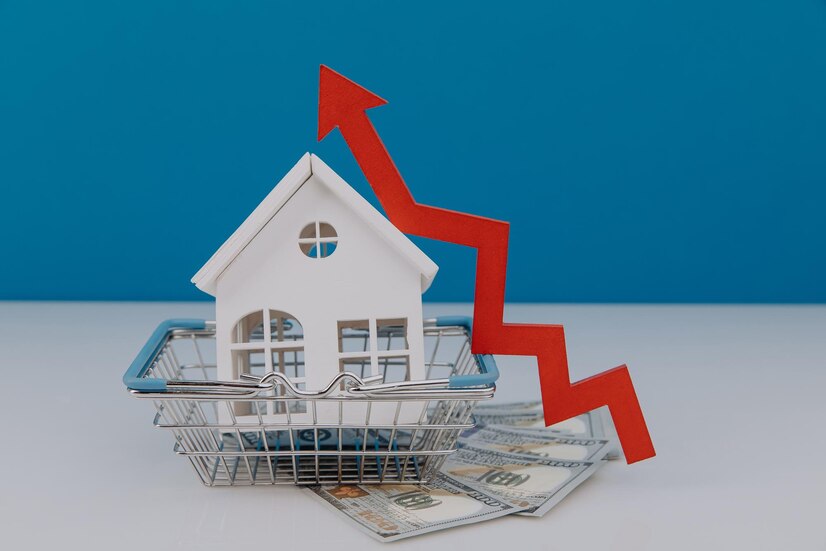The Impact Of Interest Rates On The Property Market
3 Mins Read
Published on: 12 April 2023
Last Updated on: 16 September 2024

toc impalement
Interest rates play a major role in the property market, influencing both buyers and sellers. When interest rates are low, it makes mortgages more affordable for potential homeowners and encourages people to invest in real estate. On the other hand, when interest rates rise, it can cause some uncertainty within the housing market as potential buyers may be less inclined to purchase due to increased financial strain. This article will explore how different levels of interest rates impacts the property market by looking at both buyer and seller behavior.
How Low-Interest Rates Impact The Property Market
Low-interest rates can be a major boon for potential homeowners and those looking to invest in real estate. We Buy Any Home Cardiff confirms that when mortgage rates are low, it makes it easier for buyers to secure financing for their purchase as the amount of money they need to borrow is lessened. This also helps to encourage more people to enter the market by making housing more affordable than it would otherwise be.
Low-interest rates also make refinancing existing mortgages more attractive, as it gives borrowers an opportunity to lower their monthly payments and save money over the long term.
Additionally, low-interest rates can have a positive effect on property values. As more people enter the market, demand for homes increases, driving up prices and thus increasing return on investment for sellers. This can lead to increased activity within the housing market and stimulate economic growth in areas where a high concentration of real estate transactions occur.
How High-Interest Rates Impact The Property Market
On the other hand, higher interest rates have an inverse effect on the property market as they make mortgages less affordable for potential buyers and discourage them from investing in real estate. As mortgage costs increase due to higher borrowing costs, potential buyers may find themselves unable or unwilling to purchase a home at current prices which can lead to decreased demand and slower activity within the market.
Furthermore, higher interest rates can also cause difficulty for existing homeowners who may not be able to benefit from refinancing due to tougher lending requirements that come with rising interest rates. This may mean that some homeowners are unable to take advantage of opportunities that could help them save money on their mortgage payments or release equity from their homes for other investments such as renovations or college funds.
What Does This Mean For Investors?
Due to increased uncertainty within the housing market when interest rates fluctuate, investors should proceed with caution when deciding whether or not to invest in real estate during times of changing interest rate levels. While low-interest rate environments provide an opportunity for investors to yield profits from their investments due to increased demand and higher sale prices, high-interest rate markets often lead buyers away from purchasing properties which can end up hurting investors’ ROI prospects in these markets if they don’t factor this into their decisions appropriately.
Investors must understand how potential changes in interest rate levels will likely affect buyer behavior as well as what ripple effects such changes may have within the wider economy before deciding whether or not now is an appropriate time for them to get involved with investing in real estate.
Read Also:


















Comments Are Closed For This Article